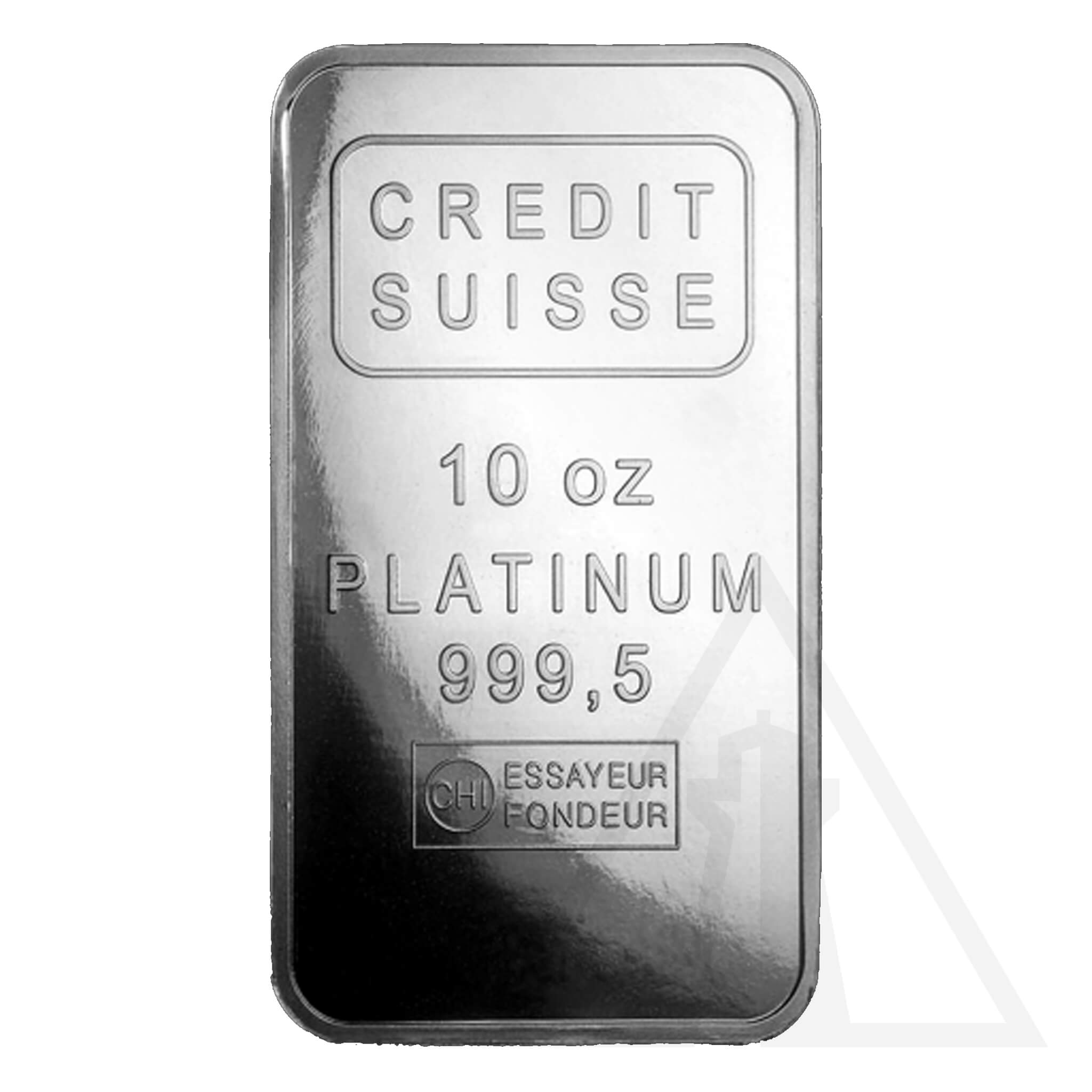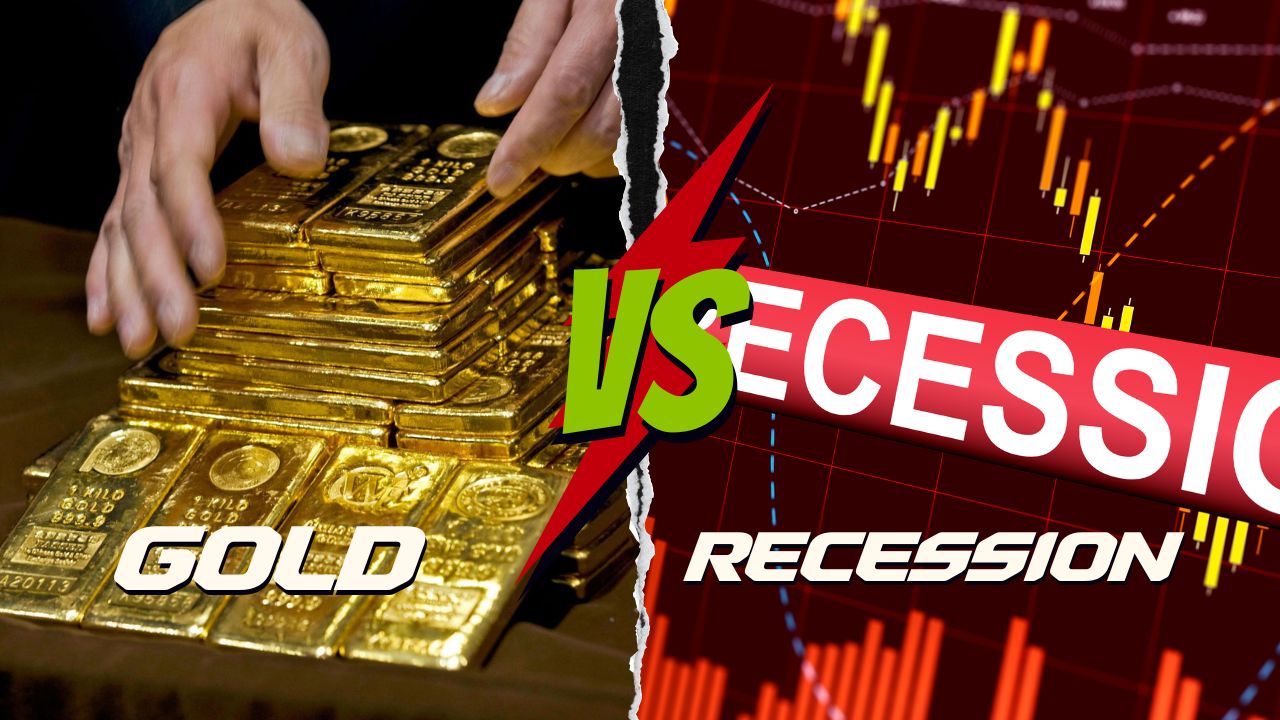In the short term, the US dollar determines the direction of gold. After rallying by over $340 since November of last year to a high of about $1950, gold has recently fallen to a lovely buying zone of approximately $1820. The main reason behind this decline was a recent batch of robust US economic data (Headlines are what we act on, not the adjustments that happen 1 or 2 or even three months later), which underscores the US Federal Reserve's challenge to bring inflation down to its long-term target of 2%. Consequently, the US dollar has regained short-term strength after a period of weakness, and bond yields have risen. As gold tends to move inversely to these developments, it has faced fresh obstacles and has brought along silver for the ride, silver having topped $24.40 in early January.
Gold is expected to take much of its direction from the US dollar until another change occurs. While demand for gold remains inconsistent regionally, central bank demand is anticipated to outpace any lack of interest from investors in physical or paper markets, where total paper holdings have decreased somewhat since gold's price surge began in November.
However, the risk of further weakness towards $1790, followed by the 200DMA at $1,776, persists until macro-economic developments turn favourable and the US dollar weakens again. Last Friday, the US PCE deflator, the Fed's favoured inflation gauge, was closely monitored, with a stronger-than-expected outcome indicating that inflation is moving in the wrong direction. This will, at some point, require further action from the FOMC, potentially putting a 50-basis point hike back in play. The core PCE inflation increased by 0.6% on the month, with a year-on-year increase of 4.7%.
Without increasing the debt, bubbles tend to move toward their natural state. Central banks can't allow that–a crash, a depression etc. The result? Inflate or die. So we stand by our prediction playing out behind the scenes as headlines suggest an "in check and balanced progression towards inflation," but your pocketbook says otherwise. We know it. We see it. This is somewhat of a medium-term state of affairs, and we are not only running up against increased costs for goods but also increased greediness for bottom lines because, let's face it, what retailer ever wants to give back margin? Ask Galen Weston if he does.
Be diligent and smart, but above all else, never believe that our economy is just good to go. Everyone sees it, so let's not act like they don't. If you are reading this, you might call it a "feeling," a "gut hunch," or just an overwhelming sense of something not being right. In this day and age, we are, in most circumstances, too overwhelmed by our day-to-day activities to focus on solutions. If you are like many people right now, then some night you go home saying "the hell with it" and overlook it or settle for something less than you are worth.
As always, stay self-directed and know where your hard-earned dollars are. The rest is just icing on the cake, and gold in the bank!
Yours to the penny,
Darren V. Long
Delta Harbour Assets Inc.







